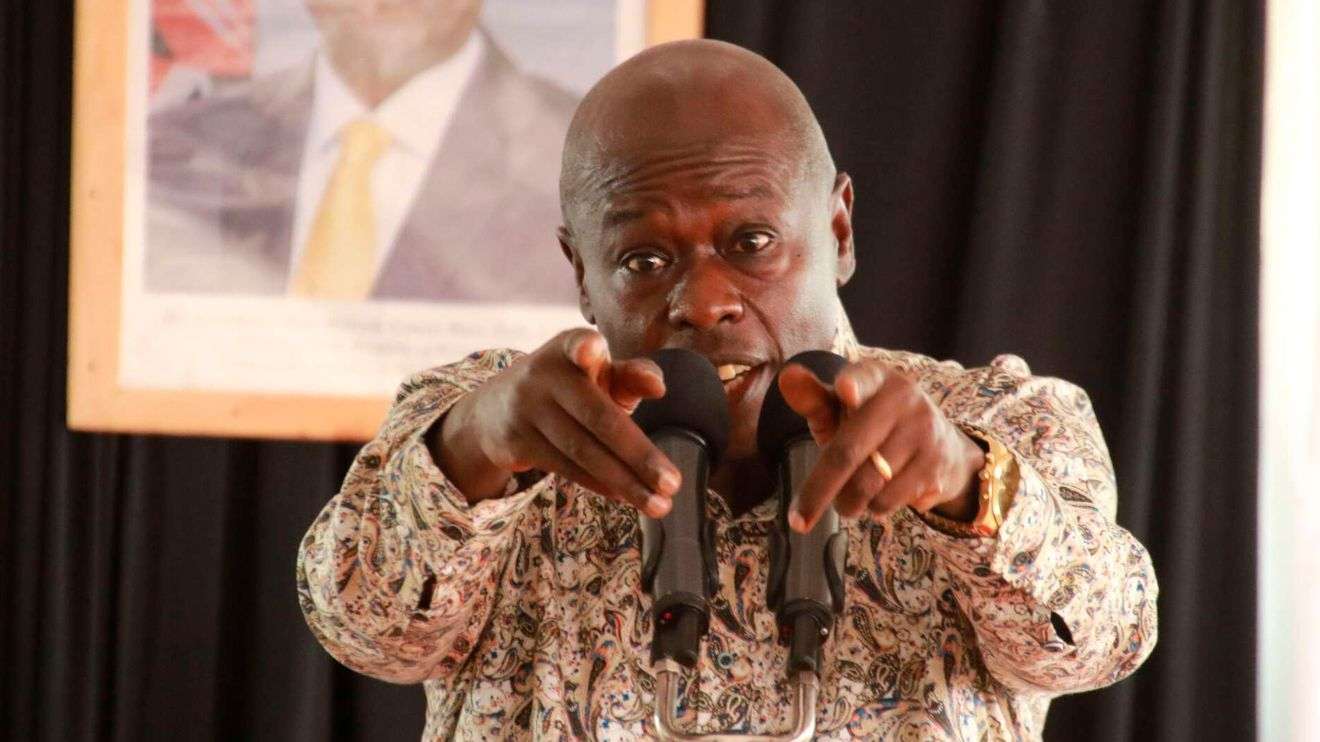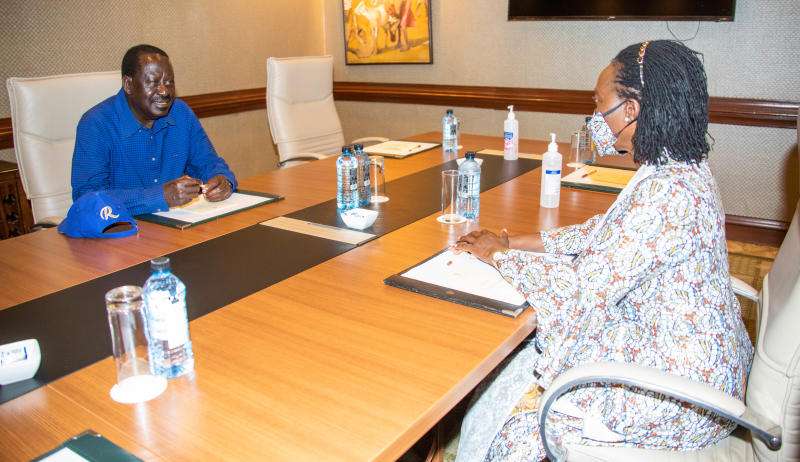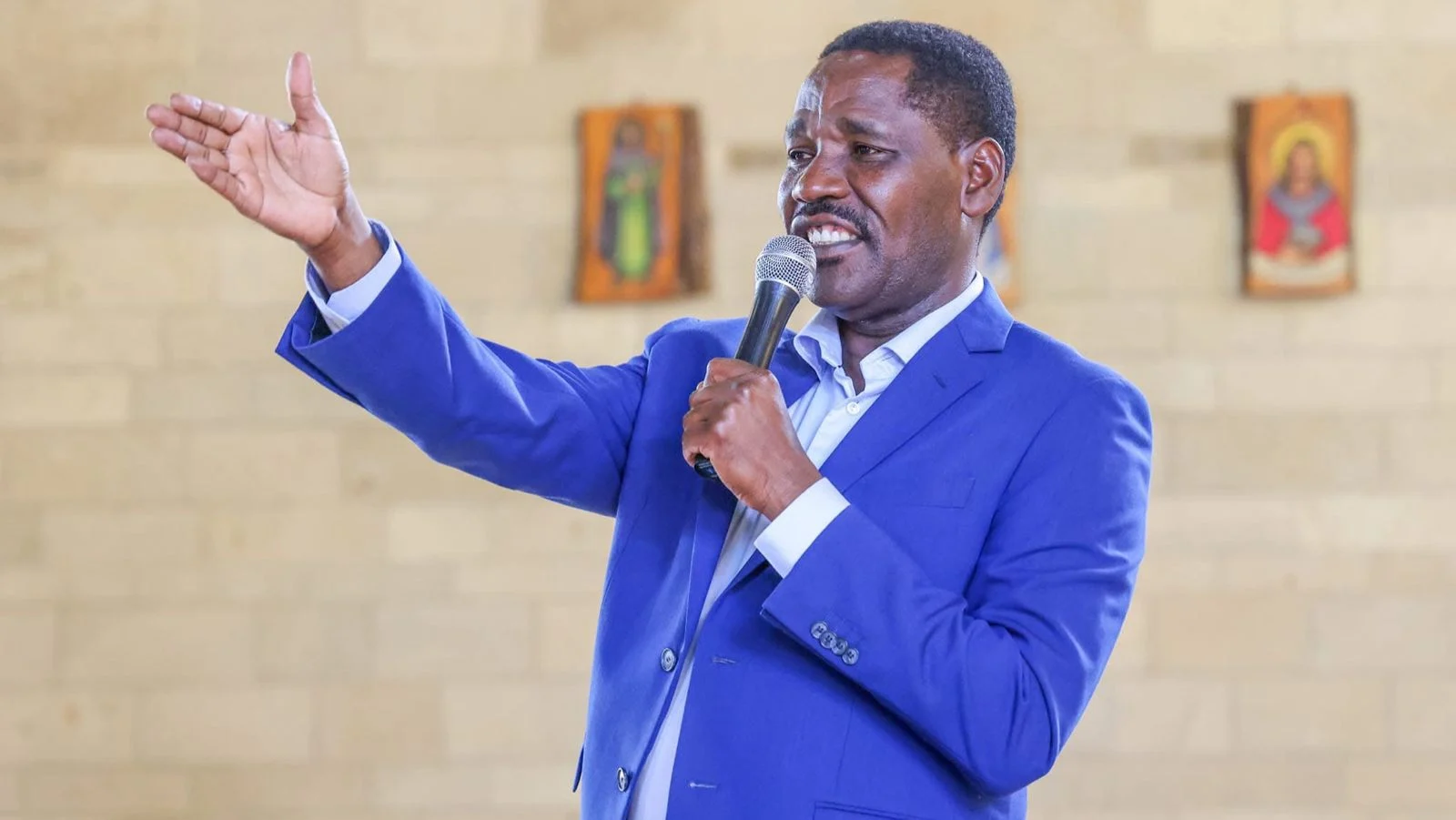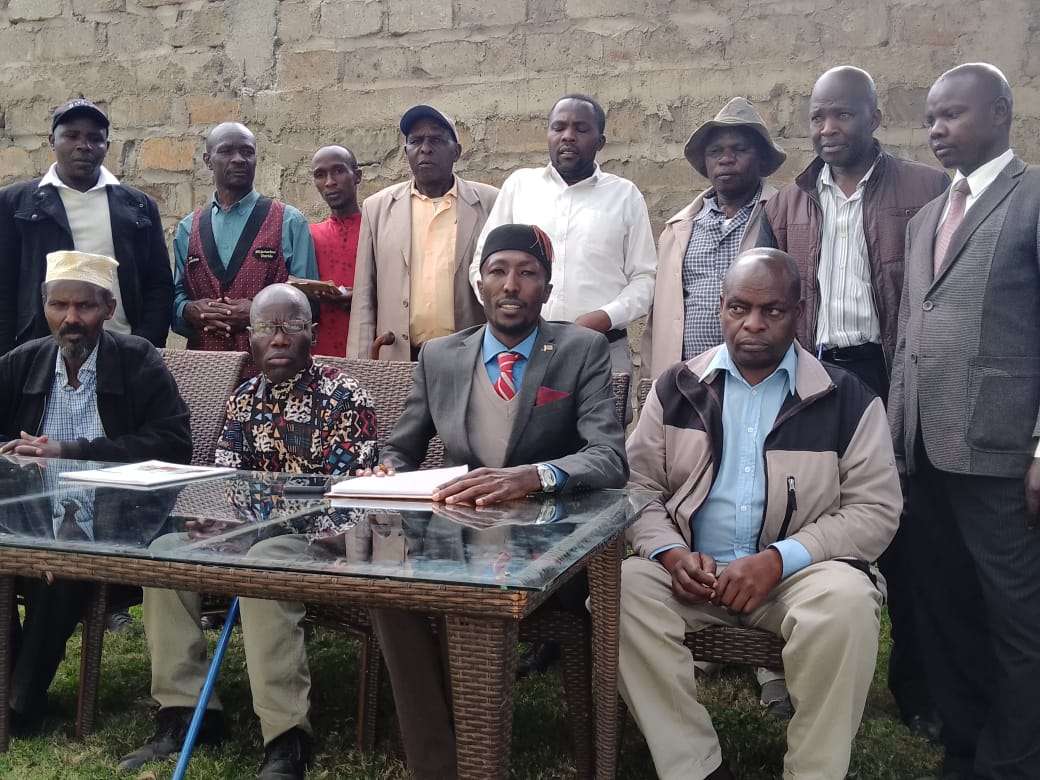George Kibuku, a Kangema parliamentary aspirant, echoed Kamau’s sentiments, describing the extrajudicial killings as a national tragedy. “The murders are too much, and we are now assuming that the bottom-up agenda literally meant taking people to heaven by killing them,” Kibuku remarked sardonically, criticising the government’s failure to deliver on its development promises while resorting to violence against citizens
By TWV Team
A growing chorus of political leaders aligned with former Deputy President Rigathi Gachagua has called for President William Ruto’s resignation, accusing his administration of plunging Kenya into a crisis marked by extrajudicial killings and a return to authoritarian governance. The demands come in the wake of heightened public outrage over the shooting of Boniface Mwangi, a street vendor, during recent protests, highlighting deep-seated concerns about police brutality and systemic governance failures.
Speaking during a visit to Mwangi’s family, former Kigumo MP Jamleck Kamau led a group of leaders in condemning the government’s handling of dissent. “Kenya is a country with a mature democracy, and having people killed for criticising the government is an indication of poor leadership,” Kamau declared. He accused President Ruto of steering the nation back to the “dark days of dictatorship”, where criticism was silenced with violence, vowing that such actions would no longer be tolerated. “The buck stops with the president, who took an oath to protect all citizens but has gone against it,” he added.
The leaders’ statements reflect a broader wave of public discontent that erupted in June 2024, initially sparked by proposed tax hikes in the Finance Bill 2024. Although the bill was withdrawn following nationwide protests, the unrest has since evolved into demands for Ruto’s resignation and sweeping reforms to address corruption, inequality, and police impunity. The Kenya National Commission on Human Rights (KNCHR) reported at least 60 deaths during the protests, with 41 attributed to gunshot wounds, underscoring allegations of excessive force by security services.
George Kibuku, a Kangema parliamentary aspirant, echoed Kamau’s sentiments, describing the extrajudicial killings as a national tragedy. “The murders are too much, and we are now assuming that the bottom-up agenda literally meant taking people to heaven by killing them,” Kibuku remarked sardonically, criticising the government’s failure to deliver on its development promises while resorting to violence against citizens.
A significant point of contention is the perceived lack of accountability within Kenya’s policing system. Kamau dismissed oversight bodies such as the Independent Policing Oversight Authority (IPOA) as “toothless dogs” controlled by the president and incapable of delivering justice for victims of police brutality. He argued that with policing institutions under Ruto’s influence, justice for those killed remains elusive. “The so-called independent authorities follow the command of the president, and we don’t expect anything candid from them,” Kamau stated.
The IPOA has reported investigating 60 deaths from the 2024 protests, with 22 investigations completed and two cases currently before the courts. However, no officers have been convicted, fuelling public scepticism.





